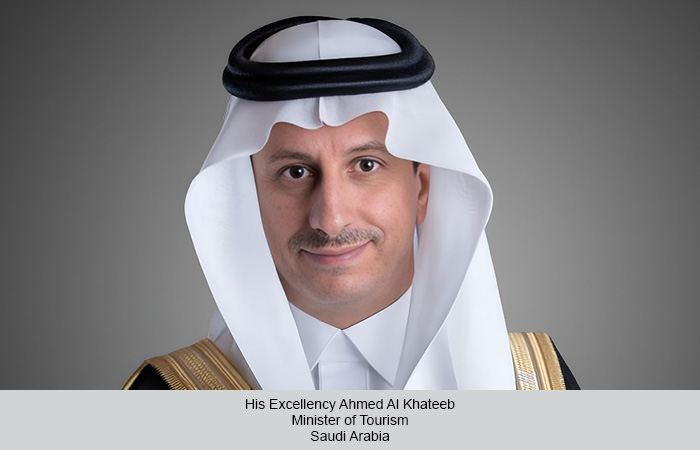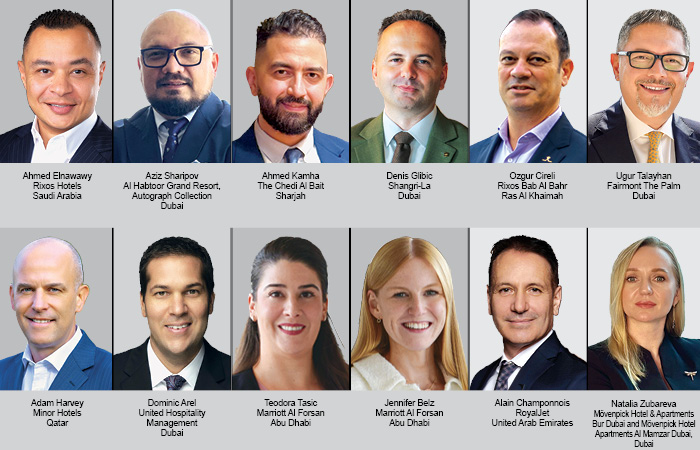Expedia Group has invested in technology to make things seamless. From AI-powered Partner Central Chatbot, to an algorithm in place to inform partners of revenue opportunities, Scott Crawford, VP-Product and Technology, Brand Expedia, says while AI and ML help in reducing friction, they need humans to understand the problem.
Peden Doma Bhutia from Las Vegas
In the recently- released Online Travel Friction Index report Expedia Group brands consistently ranked higher in all five areas than other OTAs or branded chain sites that were included in the research. In 2018, Expedia spent 1.6 billion on technology, with this result do you feel the investment has paid off?
As the customer goes through a journey it’s a continuous conversation that we have with them from helping them find the perfect stay and the perfect trip to supporting them when they are actually going on the trip and making it as easy and as possible for them to contact us when they need to, and then making that available to our partners who can make the best experiences available to our customers. So, what we have seen over the last year or so is that some of the things that we have invested in, have seen really good reactions and some of the areas that we have invested in are virtual agent platform and that enables customers to be able to text us if they have a question as opposed to picking up the phone and calling us.
What we have seen there is that customers who interact with us over a virtual agent or human agent through text have a twice as high NPS (net promoter score through which we measure customer happiness) as opposed to customers who call us. So, we really want to invest in making as easy and as possible for our customers to spend their time in enjoying their holidays and then also investing in making as easy and as possible for our partners to provide great experiences for their guests.
Beyond ‘traveller friction’, the group has also been working to reduce ‘partner friction’. Do tell us more about how you are working to reduce partner friction.
One of the ways we manage this is through our real-time feedback. When we met partners and we shared with them our feedback from customers, one constant remark was: ‘I wish I knew this at that time, then I could have done something.’ So, our real-time feedback tool enables that communication between customers and partners. When a customer checks in they get an instant message asking about their check-in experience and in that moment partners can react immediately to a feedback. Another way is helping partners manage their day-to-day business, so we invested a lot in machine learning to share predictive trends on demand.
On our platform we have 1.4 million properties, over 500 airlines and 750 million customers coming to our site every single month, so we have an amazing richness of data and we can use that data to help our partners manage our business and help them realise what might be happening in terms of demand over the next few months. We also have Rev + tool, which helps them to understand what might have happened to prices in the market where they are and predict what may happen to prices in the future.
What’s really important for both our partners and customers is that we want to make it as easy as possible for people to be able to engage, so we invest a lot. We have user labs in Singapore, London and Seattle, where we can get real-time feedback from partners and customers to make sure that the experience we are building for them is as easy as possible to use.
At tours and activities the information is so fragmented and complex and decisions are made at the last minute, how can AI and machine learning help?
People travel for experiences, the things that take you out of your comfort zone. We want to make that as easy for our customers to find those experiences and also for activity providers to be able to show that, so what we have seen over the last few years is a huge rise in people using our app and engaging in it. AI can help make predictions and recommend activities, so those are the areas that we are investing in and that helps activity providers get more reach. It also helps customers to discover things that they wouldn’t have otherwise.
John Kim in his address at the Expedia Summit said, ‘AI will drive the platform, humans will power the travel experiences.’ How can we get this done without compromising on job loss?
For me, everything starts with humans, when we think about AI and technology, we see some amazing trends in the place that we work in and everywhere around us. But everything starts with really understanding the human need and the problem that you are trying to solve, empathy is essential. For us, at the Expedia group everything starts there, understanding the problem that we are trying to solve.
The user labs are examples that we have, we have sophisticated tools that help us better understand customer needs, when they are on the website we can track where they are looking at and the things that catch their attention, it gives us a more rounded view of the problems that we are trying to solve but we need humans to understand that. So, I think both play a really important part in the ecosystem. We did talk about a virtual agent but there will be some problems that need a human touch. So, at Expedia we are using technology and humans depending on what the situation demands.
The deployment of technology may seem daunting for independent hoteliers. But travel firms like Expedia can bridge the technology gap. How are you doing that?
We recently invested in building up a portfolio for owners who may have a couple of hotels and they might want to compare to see how those hotels are performing. We’ve invested very heavily in understanding what’s working for them, how we can help them understand customers’ feedback, what customers want, and help build technology to build that bridge. The hotels that have been engaging with Rev + have seen a 20 per cent increase in their returns. You’ll always need that human element, providing that data would help them make more informed choices.
Data breaches expose the personal information of millions of people as well as information on payment cards. Data from session replays may not be sufficiently masked to protect sensitive data. How does Expedia meet this standard?
Data security is a huge area of focus for us, data’s very important. We’ve talked about a lot of experiences and data’s crucial for that experience, but it’s something that we’ve invested heavily in to secure our customers’ data.
 TravTalk Middle East Online Magazine
TravTalk Middle East Online Magazine





